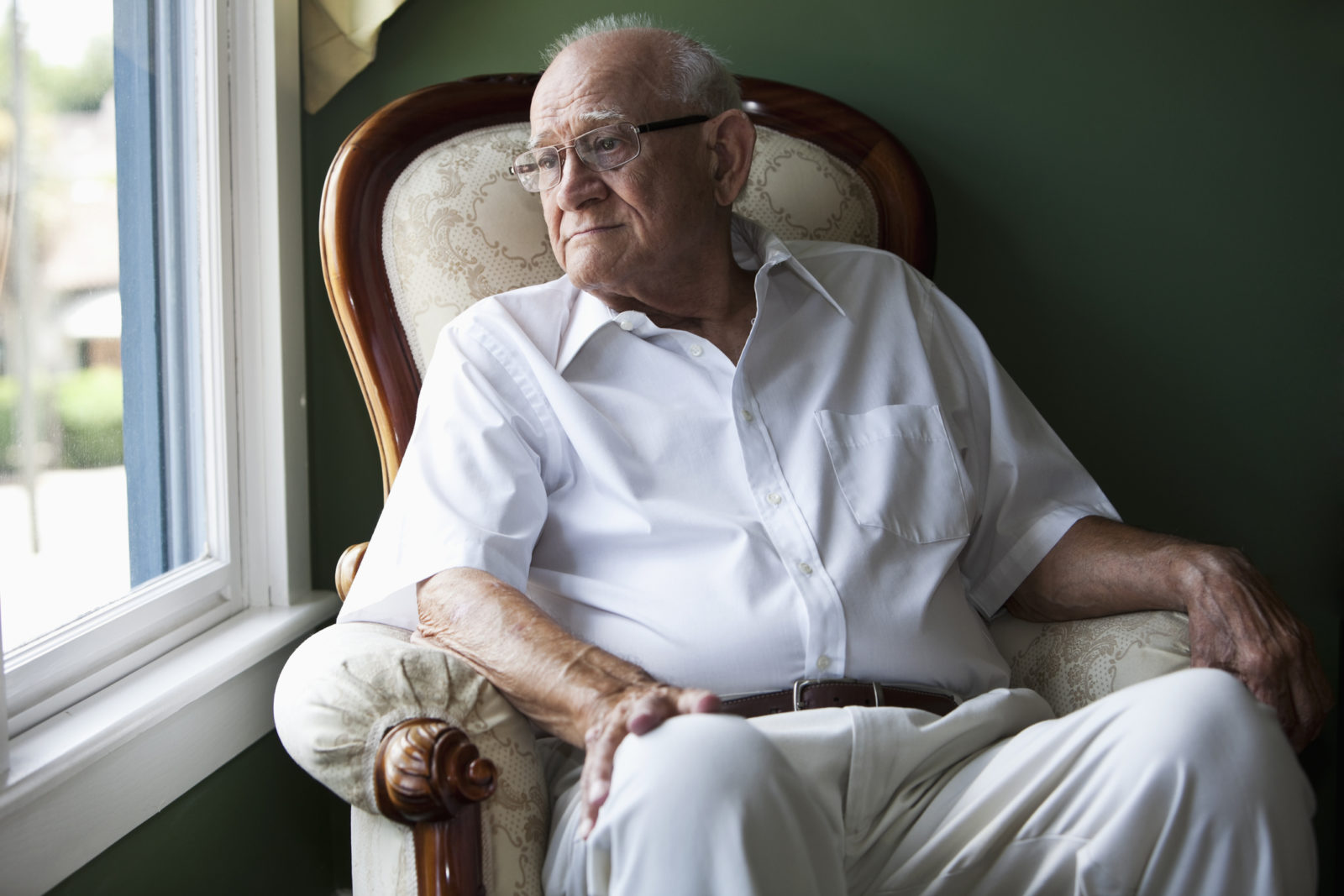How to Spot Signs of Depression in Older Adults

How do you know if you or your older loved one may have depression? Does depression look different as we age? The National Institute on Aging offers the following insights about depression in older adults.
Depression in older adults may be difficult to recognize because older people may have different symptoms than younger people. For some older adults with depression, sadness is not their main symptom. They could instead be feeling more of a numbness or a lack of interest in activities. They may not be as willing to talk about their feelings.
The following is a list of common symptoms. But remember that because people experience depression differently, there may be symptoms that are not on this list.
- Persistent sad, anxious, or “empty” mood
- Feelings of hopelessness, guilt, worthlessness, or helplessness
- Irritability, restlessness, or having trouble sitting still
- Loss of interest in once pleasurable activities, including sex
- Decreased energy or fatigue
- Moving or talking more slowly
- Difficulty concentrating, remembering, or making decisions
- Difficulty sleeping, waking up too early in the morning, or oversleeping
- Eating more or less than usual, usually with unplanned weight gain or loss
- Thoughts of death or suicide, or suicide attempts
Someone who has several of these signs and symptoms for more than two weeks should talk with their doctor. These could be signs of depression or another health condition. Don’t ignore the warning signs. If left untreated, serious depression may lead to death by suicide.
If you are a family member or friend, watch for clues. Listen carefully if someone of any age says they feel depressed, sad, or empty for long periods of time. That person may really be asking for help.
Depression can look different depending on a person’s cultural background
Signs and symptoms of depression can look different depending on the person and their cultural background. People from different cultures may express emotions, moods, and mood disorders—including depression—in different ways. In some cultures, depression may be displayed as physical symptoms, such as aches or pains, headaches, cramps, or digestive problems.
Depression in people with dementia
Depression is common in people with Alzheimer’s and related dementias. Dementia can cause some of the same symptoms as depression, and depression can be an early warning sign of possible dementia. Suicide attempts may also increase in people recently diagnosed with dementia. It is important to have support systems in place to help cope with a dementia diagnosis and possible depression symptoms that follow.
Supporting friends and family with depression
Depression is a medical condition that requires treatment from a doctor. While family and friends cannot treat a person’s depression, they can help by offering support in finding treatment:
- Encourage the person to seek medical treatment and stick with the treatment plan the doctor prescribes.
- Help set up medical appointments or accompany the person to the doctor’s office or a support group.
- Participate in activities the person likes to do.
- Ask if the person wants to go for a walk or a bike ride. Physical activity can be great for boosting mood.
If you or a loved one need urgent intervention, dial 9-8-8 to reach the Suicide and Crisis Lifeline. Callers will be connected to trained counselors who will listen, understand how the caller’s problems are affecting them, provide support, and connect them to resources if necessary.
LifeCare Advocates offers psychotherapy as a stand-alone service for those who would benefit from individual or family therapy services, and may or may not also need care management services. A combination of medication and talk therapy can be very effective in treating depression. Please contact us for more information.
![LifeCare Advocates [logo]](https://www.lcadvocates.com/wp-content/uploads/sites/270/2017/11/logo.png)